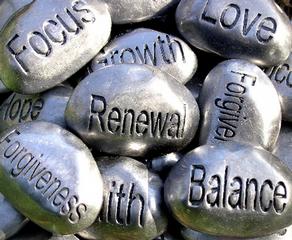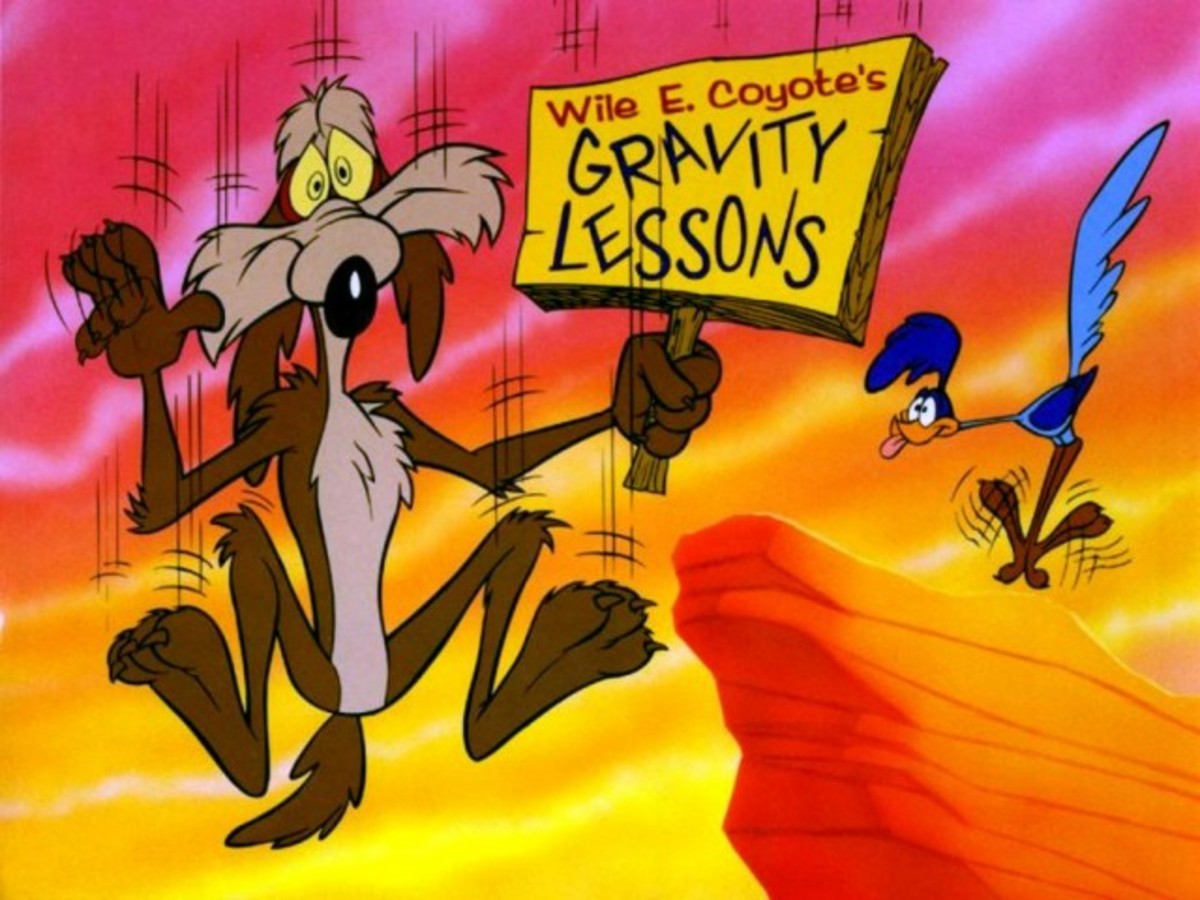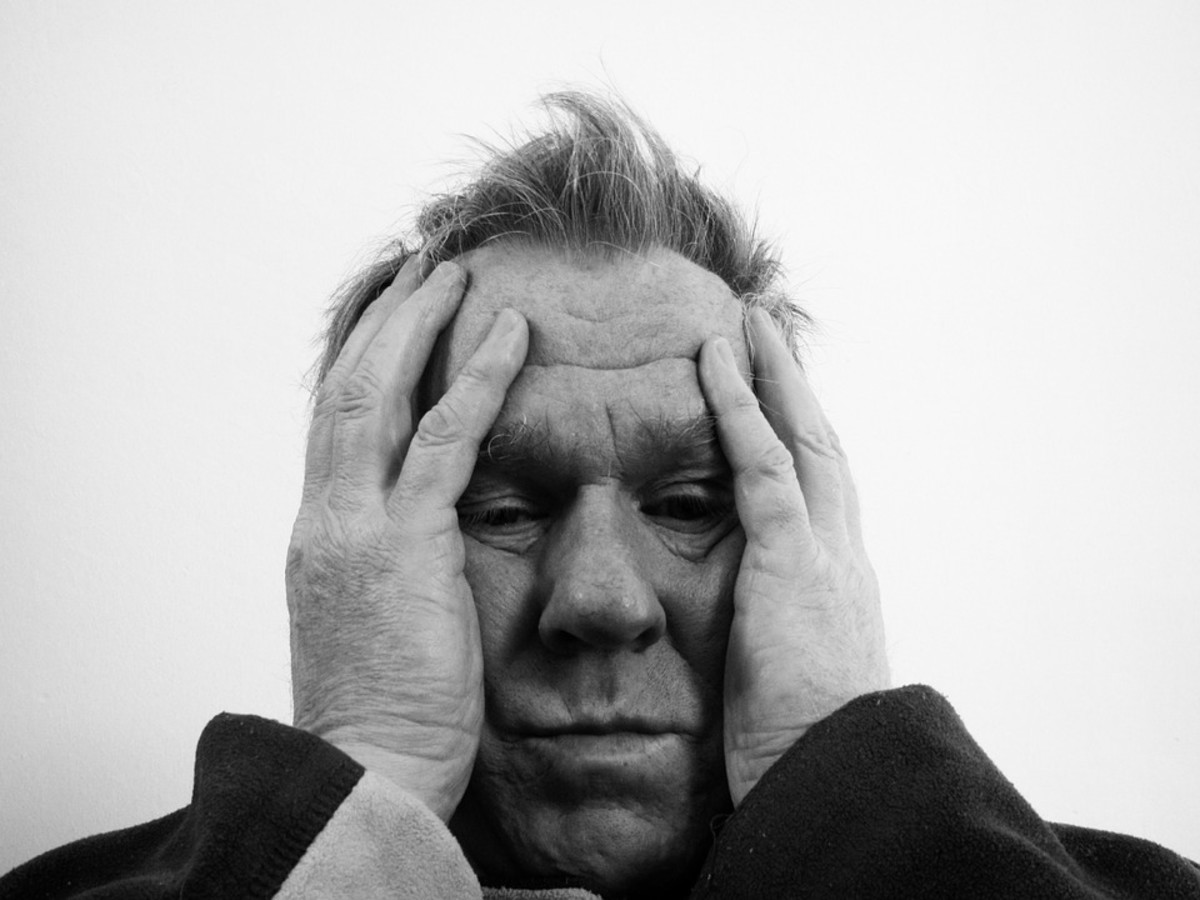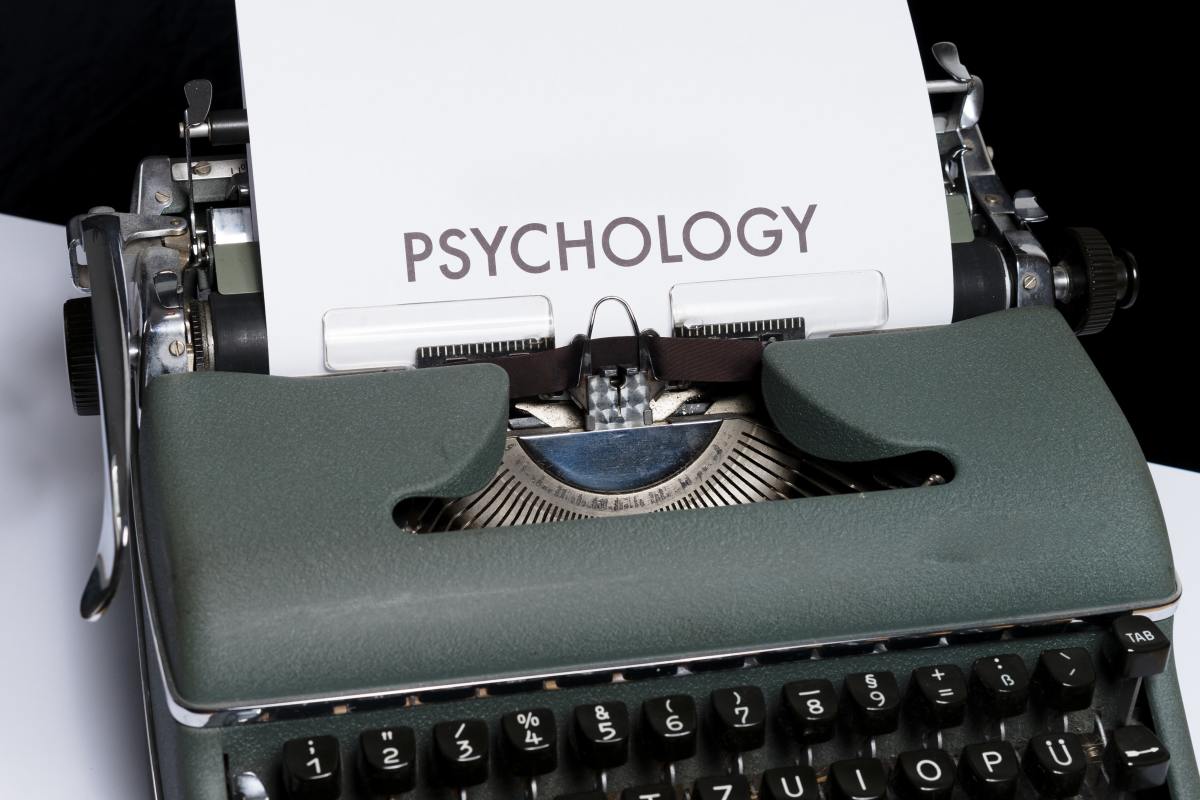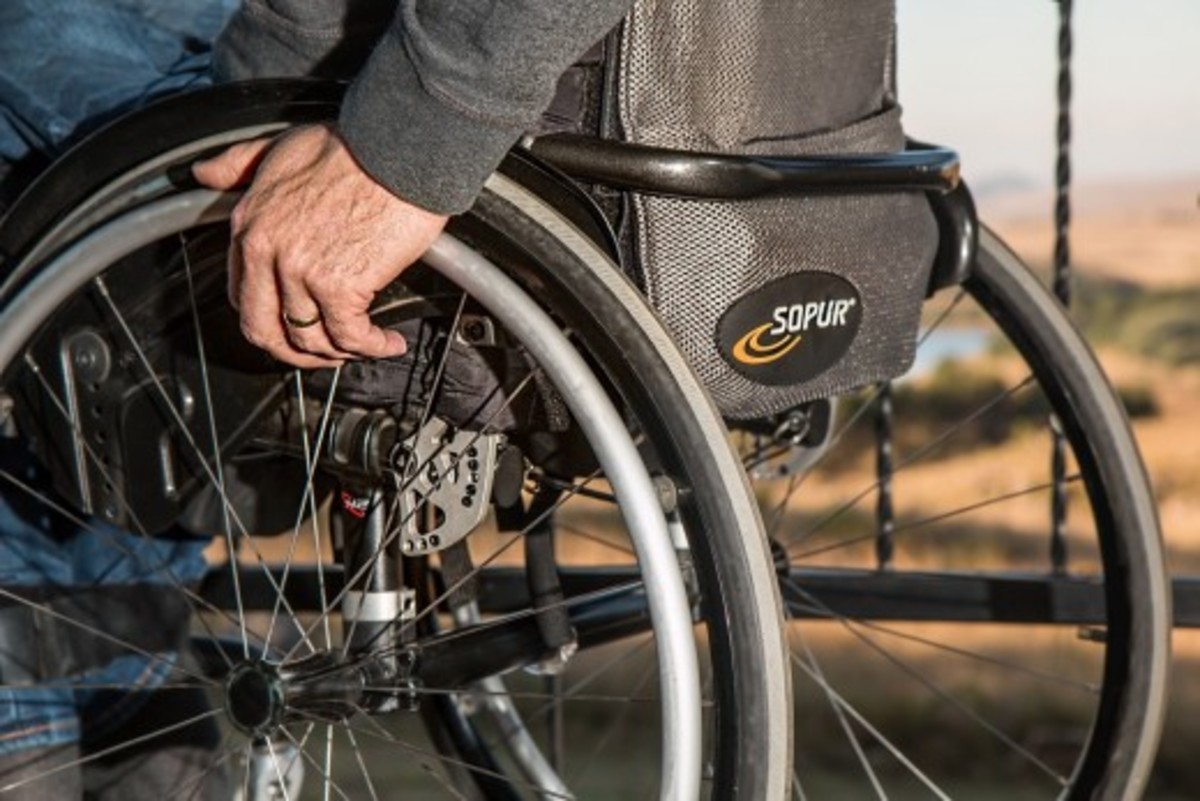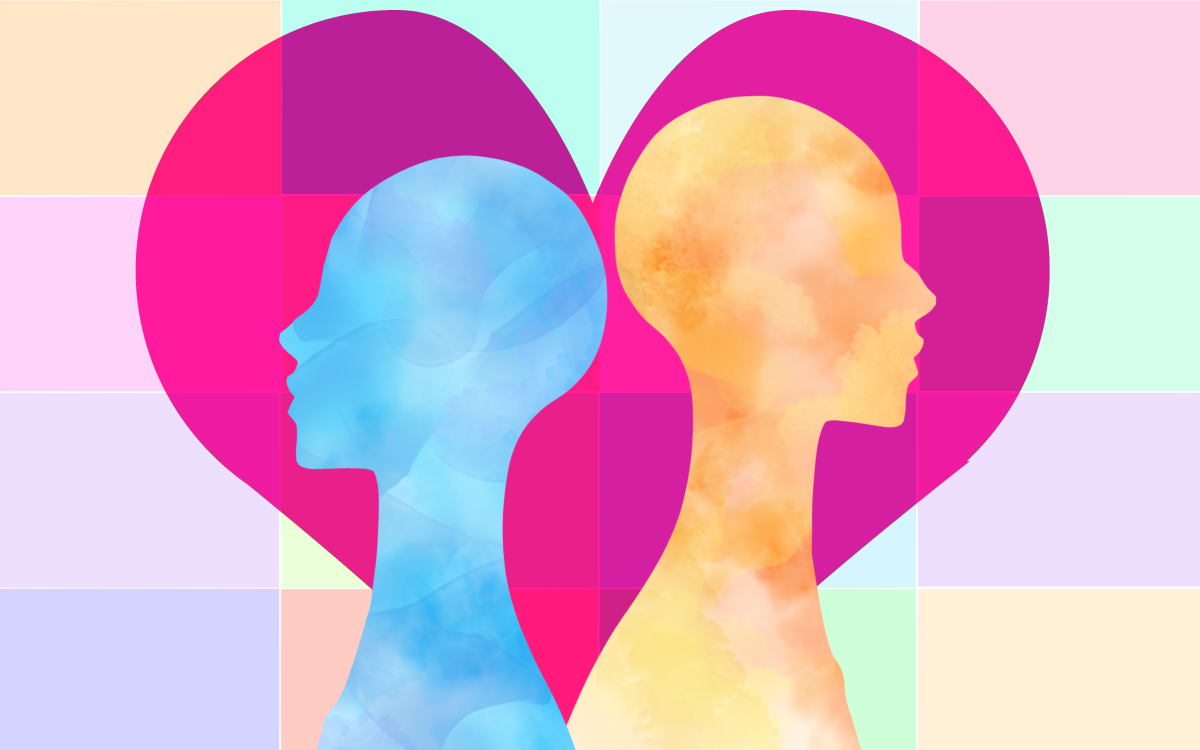Relapse Prevention
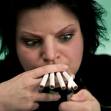
Most people when they think of the word relapse they think of only drug relapses. A relapse occurs when a person is affected by a condition that affected their life in the past such as sex, drugs, gambling, nicotine, food, etc. This can also be a medical condition or a psychological condition. Many times a person suffering from a addiction is also suffering from a mental condition.
In my opinion, all addicts are suffering from some kind of mental condition. Most appear to be trying to escape a pain that is too intolerable to cope with sober, and by the time they realize how much of their addiction they are consuming they can't quit.
Certain psychological disorders tend to have a higher rate of relapse than others, such as depression and anxiety.
Addictive disorders, such as alcohol and drug abuse, smoking, overeating, and pathological gambling, are well known for high levels of relapse.
Men have a higher rate of relapse, likely because women more often participate in group and individual counseling.
Percentage likely to relapse (according to recent statistics)
- 33% for people who gamble pathologically
- 90% for people who quit smoking
- 50% for people who abuse alcohol
- Within one year of treatment, people struggling with obesity typically regain 30% to 50% of the weight they lost.
- 40 - 60% for people suffering from substance abuse
- 50 - 90% for people suffering from an addiction and a mention condition
“A relapse (etymologically, "who falls again") occurs when a person is affected again by a condition that affected them in the past. This could be a medical or psychological condition such as depression, an eating disorder, schizophrenia, bipolar disorder, multiple sclerosis, cancer, or an addiction to a drug.” - From Wikipedia
“Relapse prevention is a cognitive-behavioral approach with the goal of identifying and preventing high-risk situations such as substance abuse, obsessive-compulsive behavior, sexual offending, obesity, and depression.” - From Wikipedia
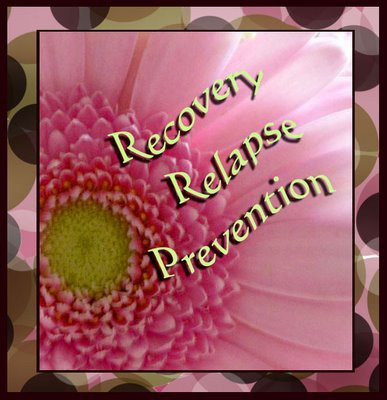
A relapse may start weeks sometimes months before a person may begin using. The first two stages of a relapse have everything to do with your emotional and mental well-being.
Emotional - you're not thinking about using, but emotions and behaviors are setting you up for a possible relapse. This is when your irrational thinking begins trying to dominant your rational thinking.
Warning Sings
- increased anxiety
- intolerance
- anger
- defensiveness
- mood swings
- isolation
- poor eating and sleeping habits
- poor hygiene
Mental - you are beginning to want to use. By the later phase you are definitely wanting to use.
Warning Signs
- Lying
- Thinking about people you've used with
- Justifying how to use again without considering it a relapse
- Hanging out with old friends that still use
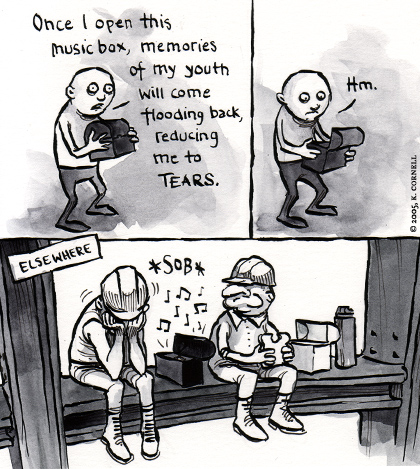
A relapse trigger is any person, place, thing, or situation which reminds a person of their addiction use.
The 10 most common relapse triggers:
- Being in the presence of your addiction, addiction users, or places where your addiction was a problem.
- Negative feelings such as anger, sadness,
loneliness, guilt, fear, and anxiety.
- Positive feelings that make you want to celebrate.
- Boredom.
- Getting high on any drug.
- Physical pain.
- Listening to war stories and just dwelling on getting high.
- Suddenly having a lot of cash.
- Using prescription drugs that can get you high even if you properly use them.
- Believing that you are in control and can use occasionally.
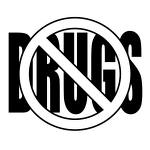
Relapse Prevention Coping Skills
- Avoid high risk situations including Hunger, Anger, Loneliness, Tiredness (HALT)
- Learn to Relax
- Be honest to yourself and others
- Use a
Relapse Prevention Workbook
